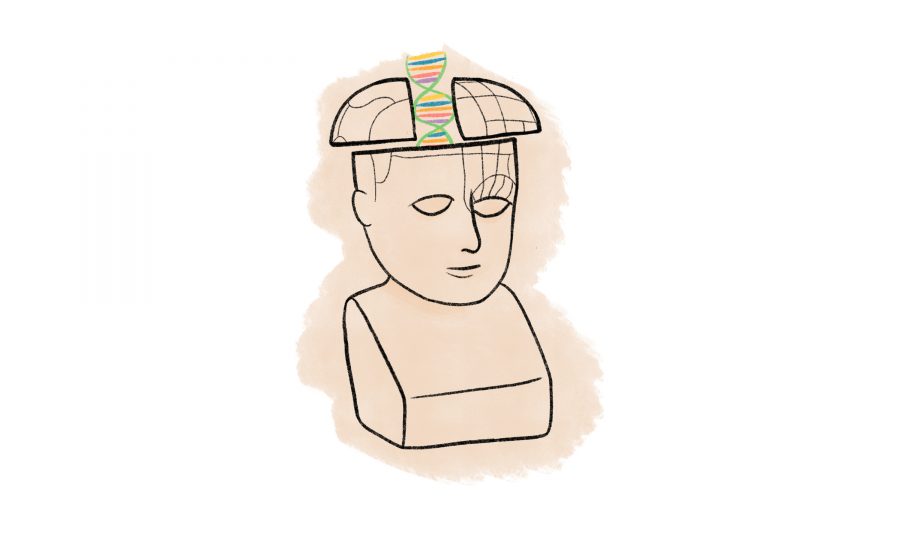When I tell students I am Cherokee, they inevitably ask how much. For many, there’s an inherent need to measure my “Indian-ness.” In contrast, when I return home to Oklahoma and introduce myself to tribal people, I am inevitably asked who my family is.
This difference highlights a fundamental divide between common and Native thinking about collective identity. As a Cherokee woman, I possess a dual identity as a citizen of a sovereign nation and membership of a shared culture and heritage. I am not a blood fraction, though this seems to be the only thing non-native students are concerned with.
Misconceptions of Native identity likely stem from apathy. One survey conducted by the Reclaiming Native Truth project indicates that 40 percent of Americans believe Native people no longer exist inside the U.S., and at UT, American Indians comprise less than 1 percent of the student body.
Despite the dismal campus representation, the fact remains: We still exist, our identities are complex, and we deserve your recognition. Starting at UT, we can work to reverse the erasure of Native peoples by respecting Native students’ unique tribal identities.
The government and American public’s tendency to racialize Native status was revealed when Senator Elizabeth Warren fell prey to Trump’s race-baiting and released her DNA test results, which were meant to verify her claims to Cherokee selfhood. In doing so, she wrongly confused genetics with tribal heritage to conclude that she’s Native, despite her lack of cultural or ancestral ties. The effects of this mindset are felt by Native students at all levels of college experience.
“For (Warren) to come out and descend a claim to heritage based upon a test that is fundamentally about DNA and biology, it reinforces fractionated understandings of Native identity,” said Kirby Brown, UT alum and Native American Literatures professor at the University of Oregon.
Similar to Warren — who was denounced by Cherokee Nation representatives — many students claim partial Indian status due to having a distant Cherokee relative, despite not knowing the culture or ancestral descent. Given they are an already underrepresented student demographic, students shouldn’t discredit Native identity by asking what percentage Cherokee they are or falsely claiming Cherokee identity because of DNA tests. The ease with which students can claim Native identity as a racial category is especially concerning. When applying to UT, students need only click the “Native American” box when selecting their race. Unlike the Cherokee Nation, UT has no means of checking the veracity of these claims.
“The Cherokee nation is tired of being appropriated, it’s another form of dispossession,” said Dr. Kelly McDonough, a Native American and Indigenous studies faculty.
Like me, Brown is a citizen of the Cherokee Nation. “This is a claim I make based upon family, history, culture, place,” Brown said. “But it not enough to say ‘I am Cherokee,’ there has to be a community, whether a cultural or political, that recognizes you.”
The Cherokee nation does not require blood quantum as a category for citizenship. Rather, tribal enrollment is based on descent from an ancestor on the Dawes Roll. Because of this, it’s a racially diverse community based on kinship.
Conversely, for students to be eligible for Native American scholarships through the Free Application for Federal Student Aid (FAFSA), they must provide documentation, typically in the form of a Certificate of Indian Blood (CDIB) document. This is a federal construct that has no basis in the customs of any North American tribe, although it wrongly validates people such as Warren.
UT students can push against this thinking by understanding Native students through a political or cultural lens — one acknowledging our distinct tribal identities — rather than reducing us to a single race.
David is a rhetoric and writing sophomore from Allen.





















